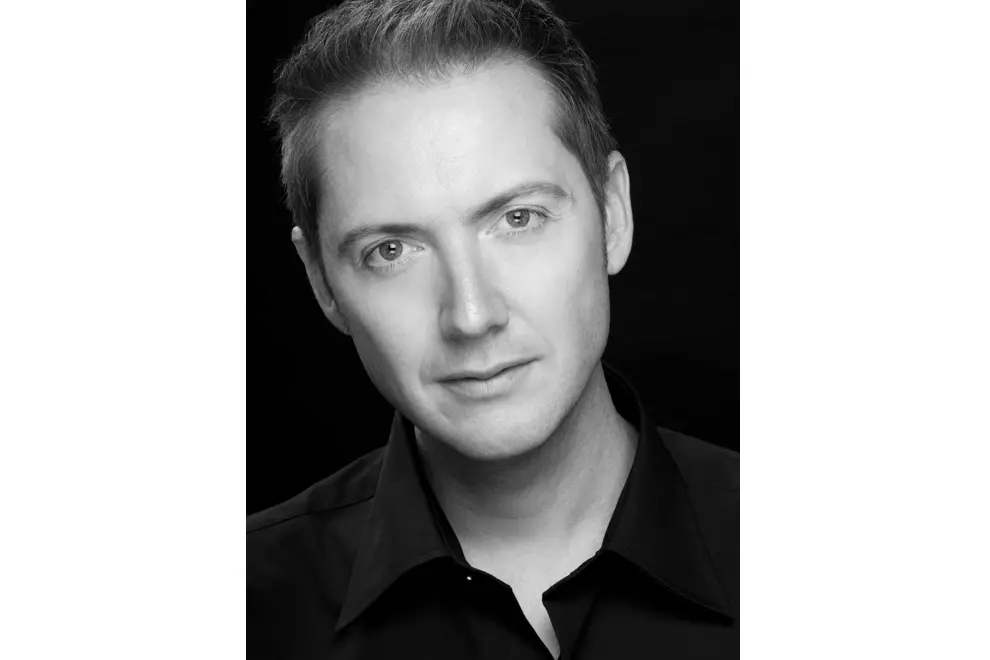“When some people think about Legally Blonde, they think it’s about a blonde bimbo – and Elle in the musical, and certainly in the film, is not a bimbo.”
Legally Blonde is routinely described as a ‘chick flick’, based, as it was, on Amanda Brown’s ‘chick lit’, the story of an effervescent sorority president (and fashion merchandising major) who applies to Harvard Law School to impress her politically-ambitious ex-BF. Langley, however, set about “finding the depth” in it. “When some people think about Legally Blonde, they think it’s about a blonde bimbo — and Elle in the musical, and certainly in the film, is not a bimbo.”
Returning to Brown’s novel, Langley was “intrigued” by how the film adaptation gives a protagonist who’s “not very likeable” a feminist dimension. And, thanks to librettist Heather Hach, the musical, which opened on Broadway in 2007 with Laura Bell Bundy as lead, is stronger again. “If I was to distil the idea of what the musical is about thematically, I would say it’s a girl [who] discovers her full potential as a woman, realising that she doesn’t need to be bound by the constraints of a patriarchal society in order to get ahead. So it’s got this great empowering message for women — and, indeed, a great empowering message for young people of either sex. I think it’s got something amazing to say about realising your potential and never letting society hold you back.”
Langley also recognises the universality of Legally Blonde, despite its American collegiate context, encouraging pupils to do some background reading before rehearsals: “I gave them research topics that they couldn’t necessarily go and Wiki research.” They discussed Legally Blonde’s gender politics. And everybody has had fun with it. “We even managed to get a selfie stick in the show!” Langley laughs. His production is “a comedy with heart” — and, crucially, that comedy is relatable.
Don't miss a beat with our FREE daily newsletter
















